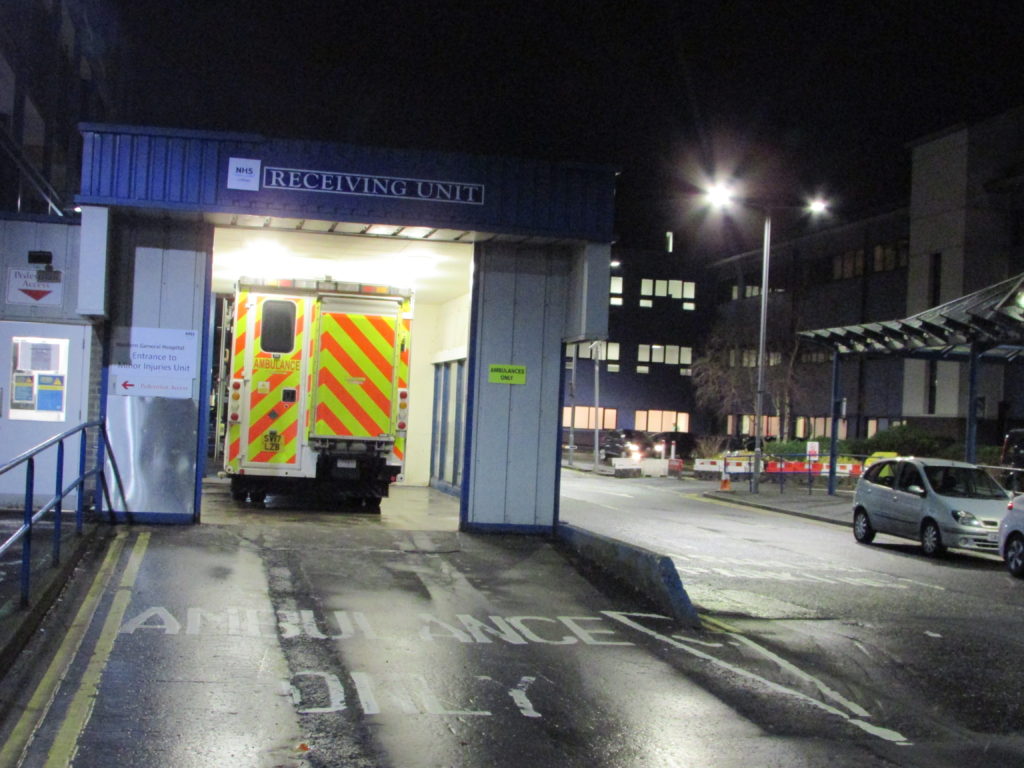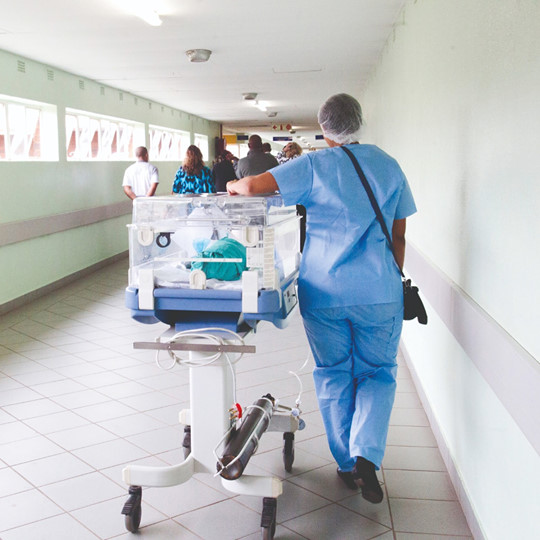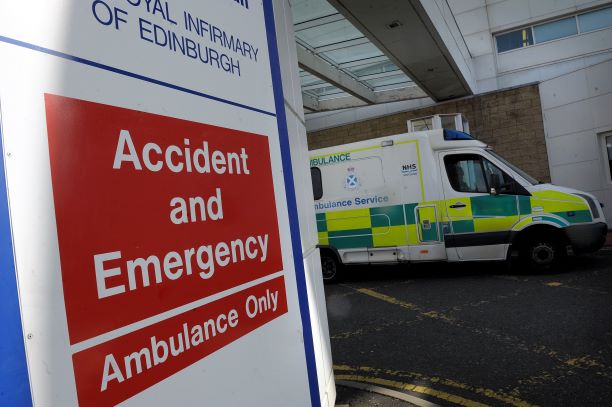Census by RCEM Scotland shows a shortage of key senior decision-making clinicians and a workforce below adequate staffing levels

A census of the Emergency Medicine workforce in Scotland by the Royal College of Emergency has found shortages of key senior decision-makers, and a workforce that is below adequate staffing levels to deliver the best and most effective care to patients.
When asked for immediate staffing needs, Emergency Departments across Scotland reported they needed an increase of:
- 25% in consultants
- 45% in Advanced Clinical Practitioners/Advanced Nursing Practitioners/Physician Associates
- 16% in Emergency Nurse Practitioners
- 22% in Higher Specialist Trainees/Non-consultant Senior Decision-Makers
- 21% in Junior Doctors
RCEM analysis shows that to resolve the shortages of senior decision-makers and to achieve adequate staffing and aspirational staffing levels by 2026 the current workforce in Scotland needs a total of 405 more health care staff broken down as:
- 113 more consultants
- 74 more Higher Specialist Trainees/Non-consultant Senior Decision-Makers
- 38 more Advanced Clinical Practitioners/Advanced Nursing Practitioners/Physician Associates
- 180 more Junior Doctors
RCEM’s Scotland workforce census consisted of a 64-question survey and was sent to Emergency Department Clinical Leads across Scotland.
Responses were received from 24 Emergency Departments, including all 20 consultant-led Emergency Departments, one Minor Injury Unit, and three Remote and Rural Hospitals.

Commenting on RCEM’s Scotland workforce census, Dr John Thomson, Vice President (Scotland) of the Royal College of Emergency Medicine, said: “The census clearly shows that the Emergency Medicine workforce in Scotland is not adequately staffed to deliver the highest quality patient care.
“This has led to an increase in intense pressures on the existing workforce and is very likely to be a contributing factor to the continued deterioration in performance.
“We have always been proud of Scotland’s performance in Emergency Medicine, ensuring quick and effective care that outperformed the rest of the United Kingdom. But, even before the pandemic, the increase in demand put severe pressure on staff, and departments began to struggle to meet the four-hour access standard, but more seriously began to struggle to deliver appropriate treatment to patients, resulting in more delays and longer stays.
“The pandemic certainly exacerbated these issues and now there are some major challenges that face Emergency Medicine in Scotland. Emergency Medicine can be relentless; a service delivered 24 hours a day, seven days a week, will always take its toll, and the pandemic has highlighted the severe burnout that Emergency Medicine staff, especially face.
“Departments must be staffed with a workforce trained and qualified in Emergency Medicine. Shortages in senior decision-making staff groups can lead to Emergency Departments over-depending on junior staff. The census shows that we need considerable expansion of funded consultant and senior decision-maker posts in order to prioritise patient safety and quality of care.
“We managed to survive the first two waves of pandemic with an insufficient workforce, but now these existing staff are facing burnout and exhaustion – with some clinicians reporting they are planning on retiring early. This census clearly shows that we must act and address these problems without delay.
“The Scottish Government must work with the specialty to devise an adequate workforce plan for the emergency care system, taking into account population needs and rising demand on the service. Plans must ensure sustainable and fulfilling careers for all staff, allowing for the delivery of quick, safe, and effective care for patients.
“Without a sufficient workforce plan that addresses the findings of the census, it is likely that there will be continued deterioration in Emergency Department performance and rates of burnout will continue to increase amongst Emergency Medicine staff.”












